Kevin Richardson opens up about inspiring the Emmy-winning Netflix series “When They See Us”
We spoke to Richardson about his role in the production and how it has changed his life and made the relationship with Antron McCray, Yusef Salaam, Raymond Santana and Korey Wise even stronger.
Special Feature 09.23.19 By Emma Zack
Antron McCray, Kevin Richardson, Yusef Salaam, Raymond Santana, and Korey Wise together have endured the worst of times—arrested and convicted as innocent teens for the infamous Central Park jogger crime of 1989— and the best of times—film director Ava DuVernay’s date to the 2019 Emmy Awards in Los Angeles.
What started as a Tweet from Santana in 2015 encouraging DuVernay to make her next film about their wrongful conviction, evolved into When They See Us, a 4-part Netflix series with an all-star cast nominated for 16 Emmys. Jharell Jerome’s phenomenal performance as Wise won him an Emmy for Outstanding Lead Actor In A Limited Series Or Movie. It was his first-ever nomination.
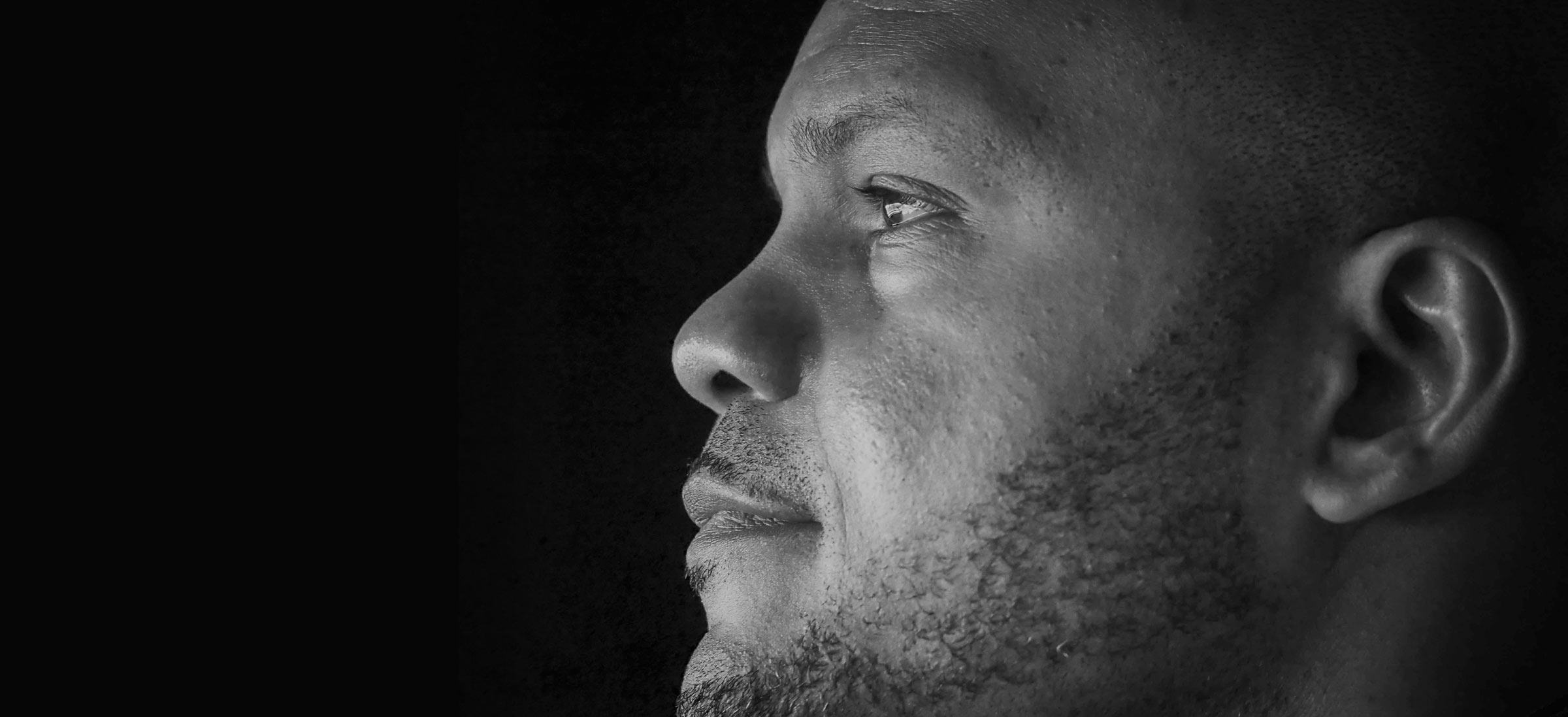
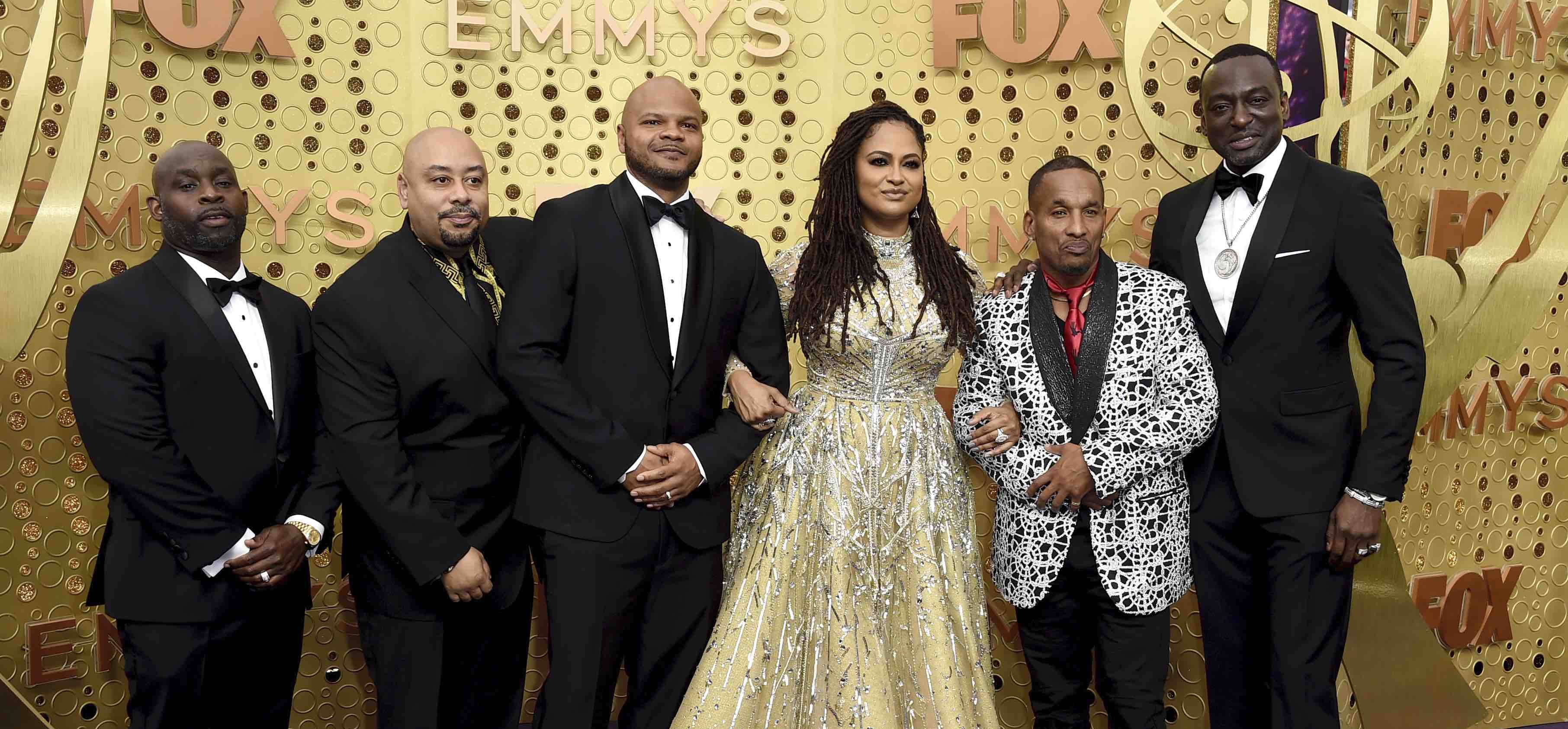
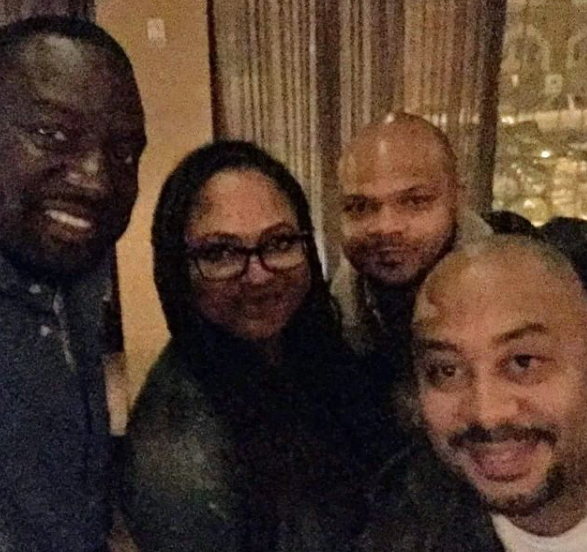
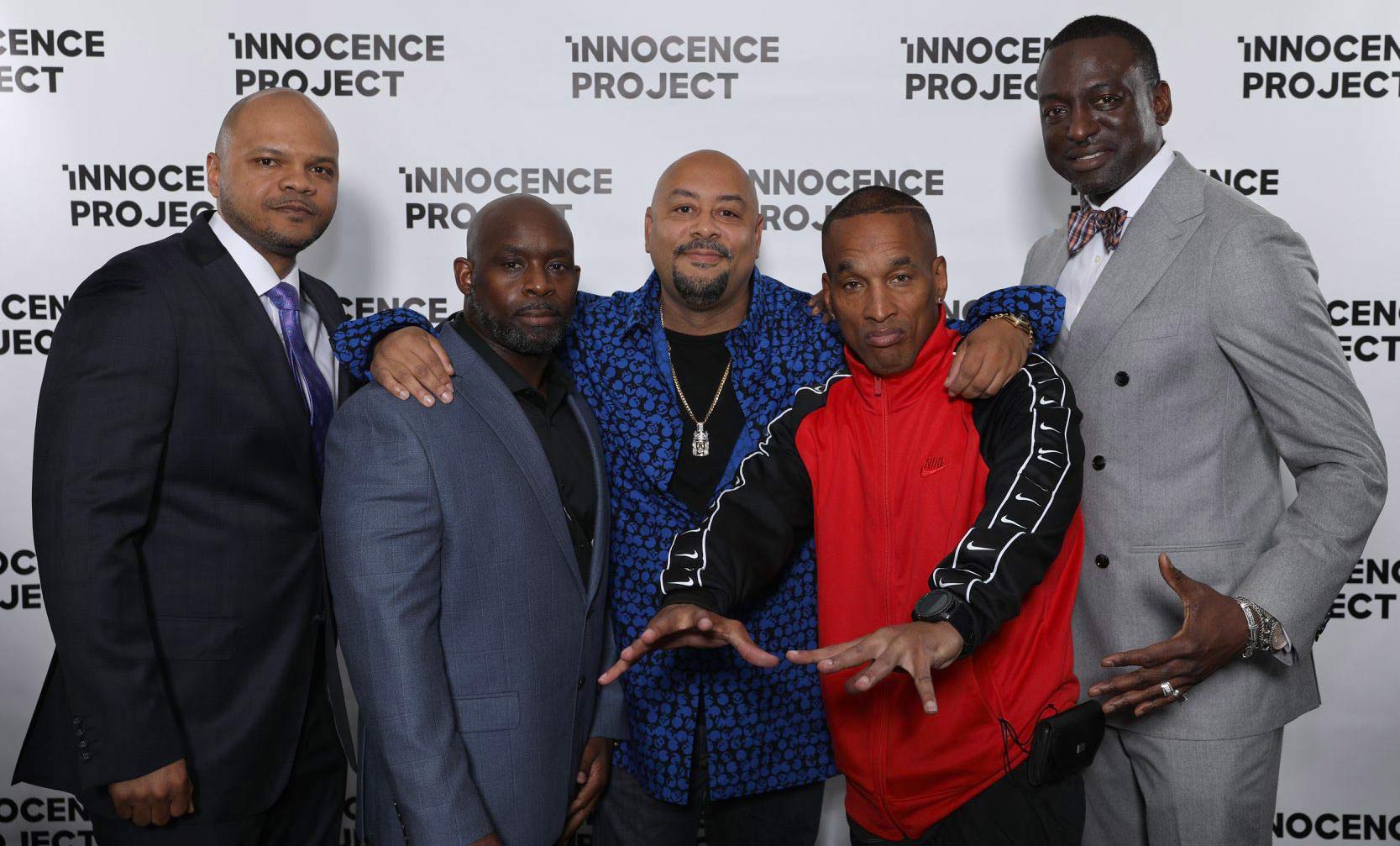
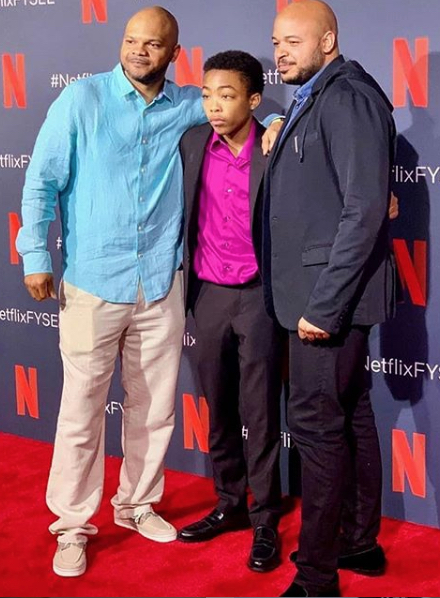
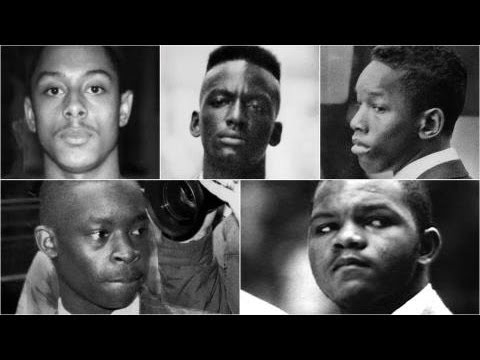
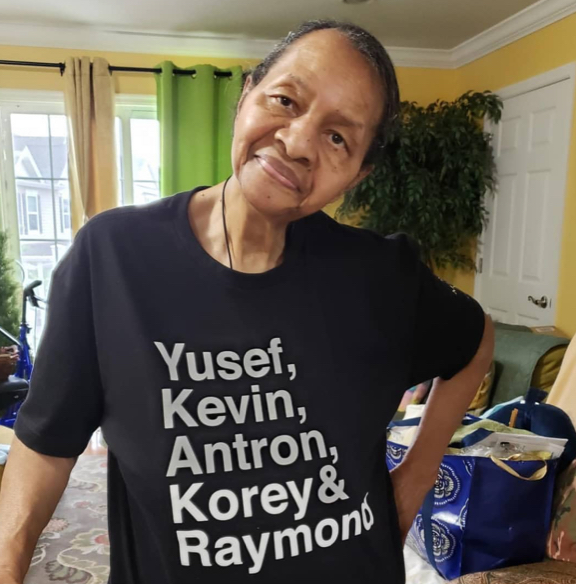
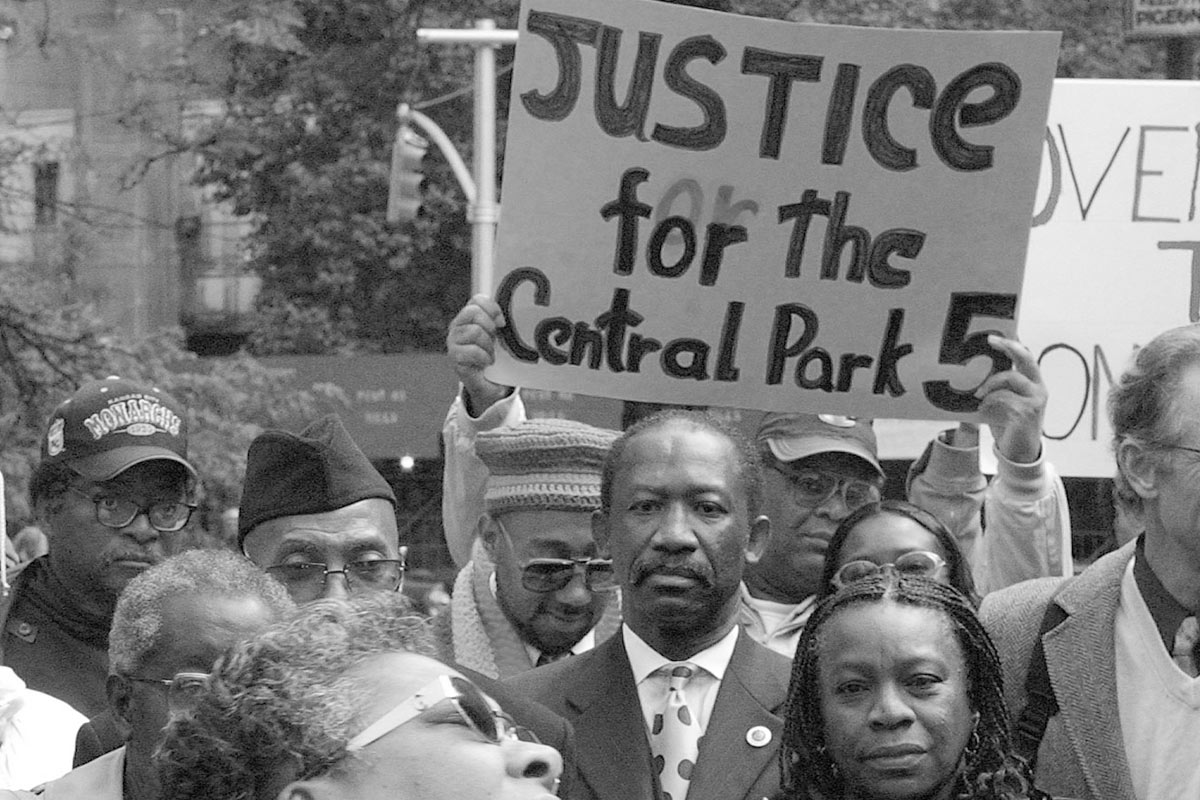
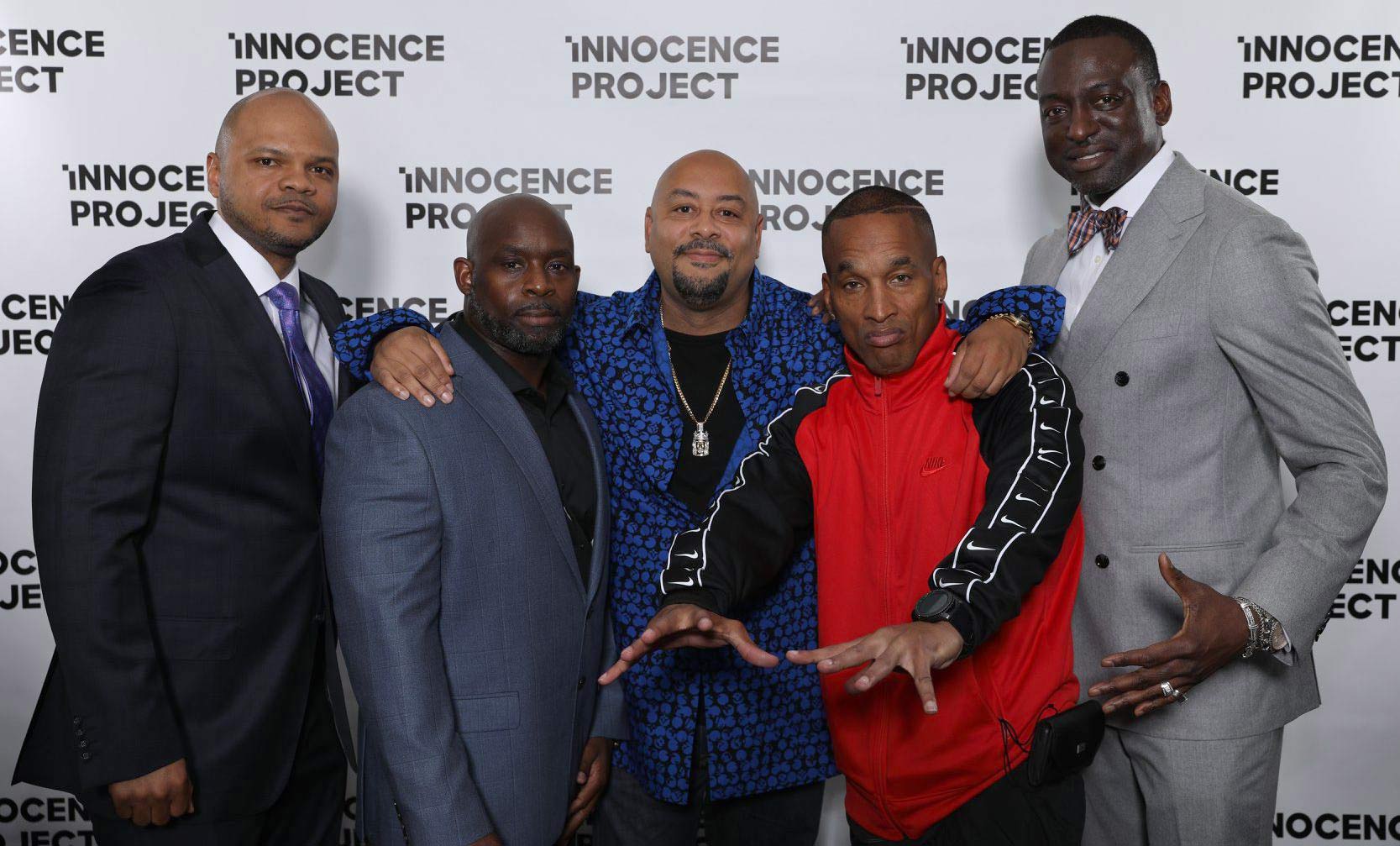
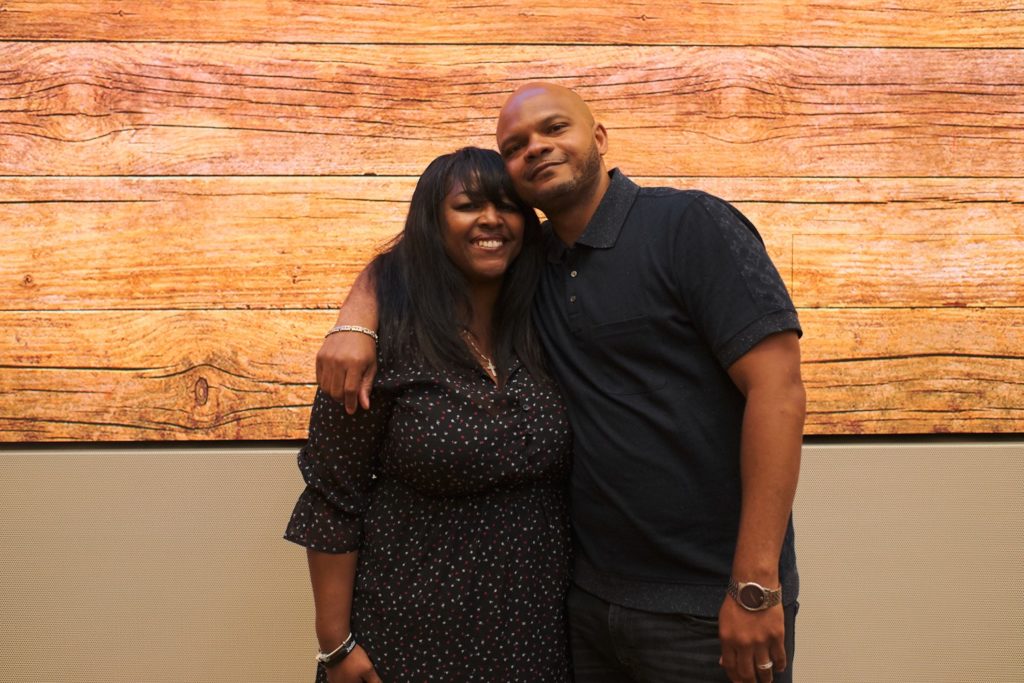
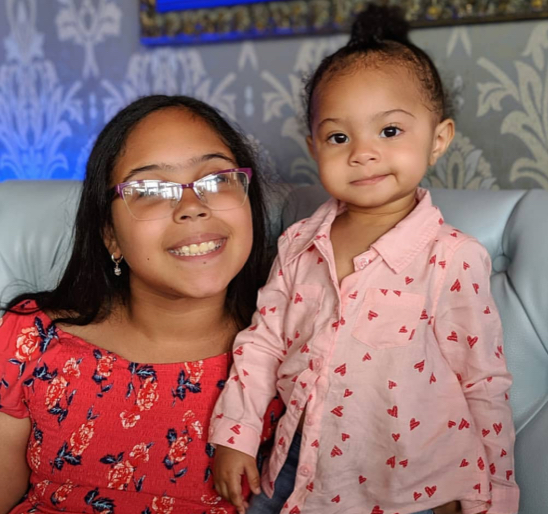
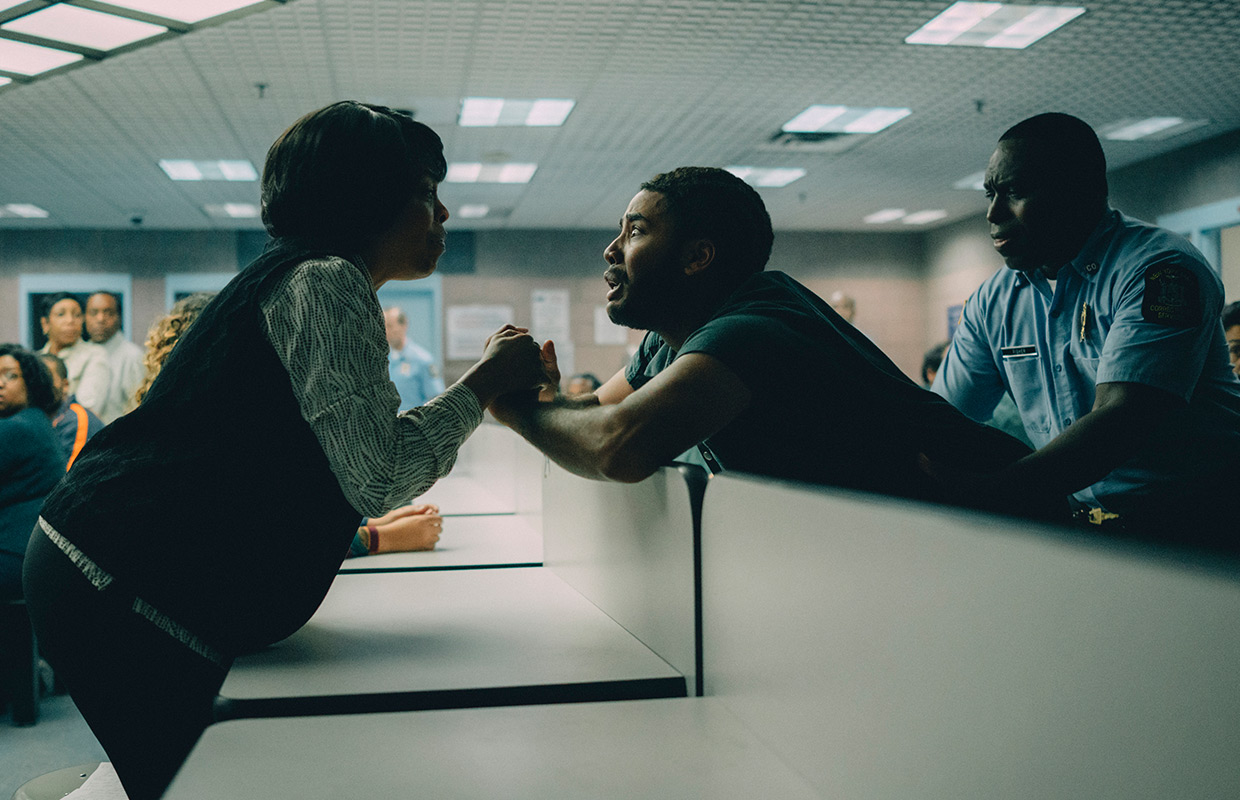
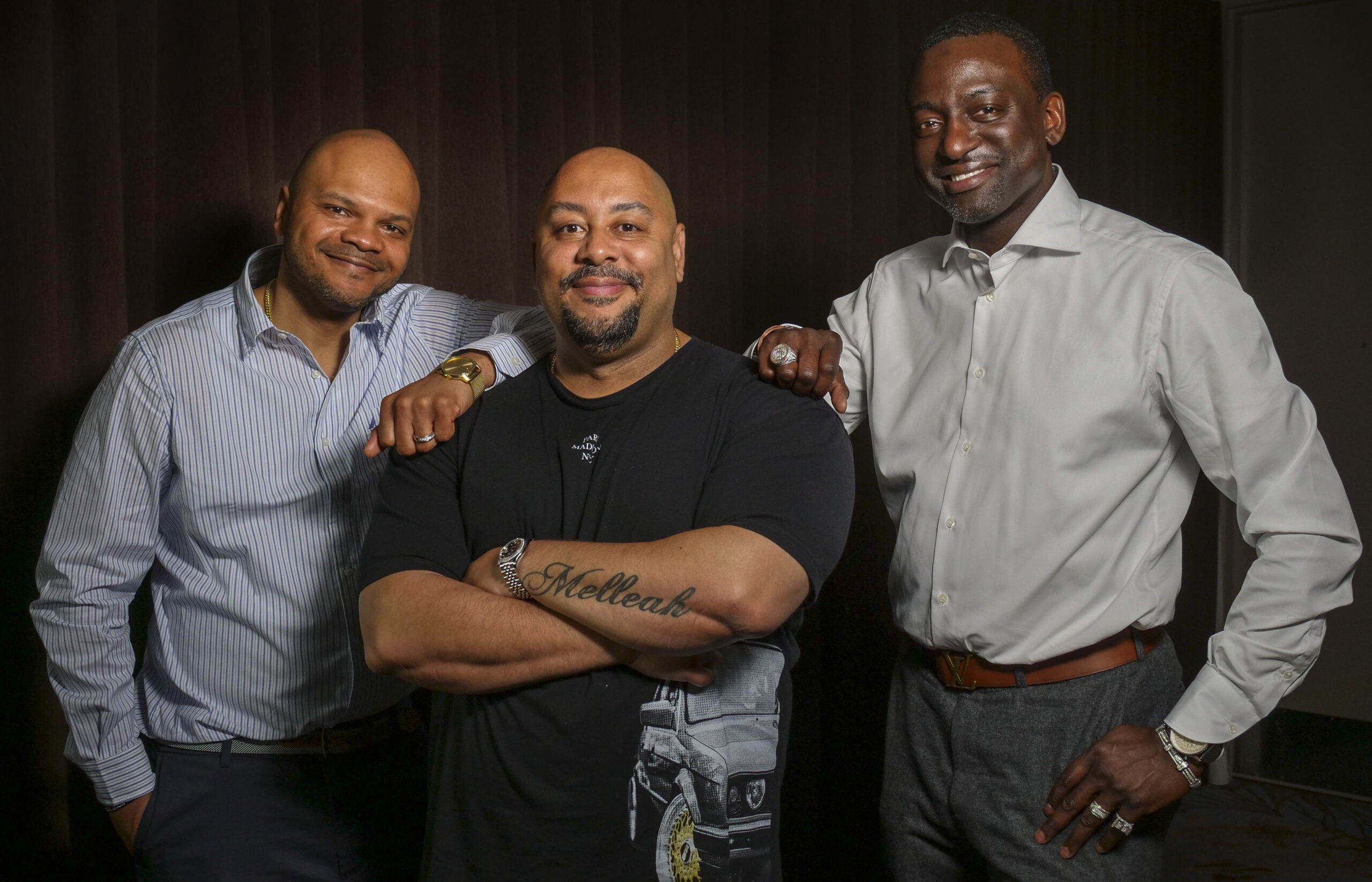
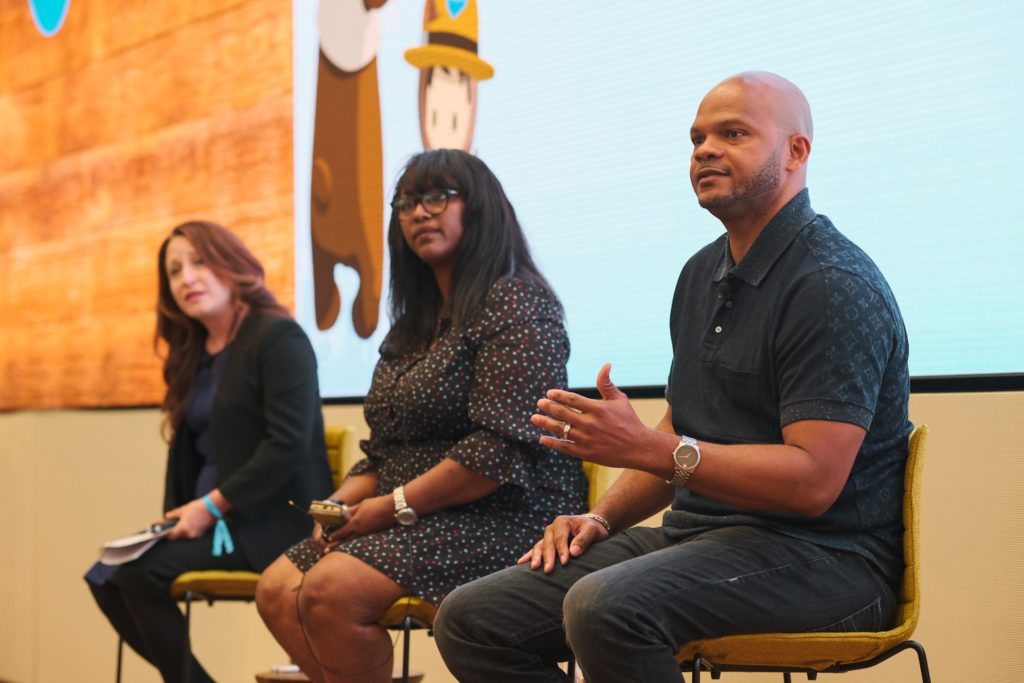
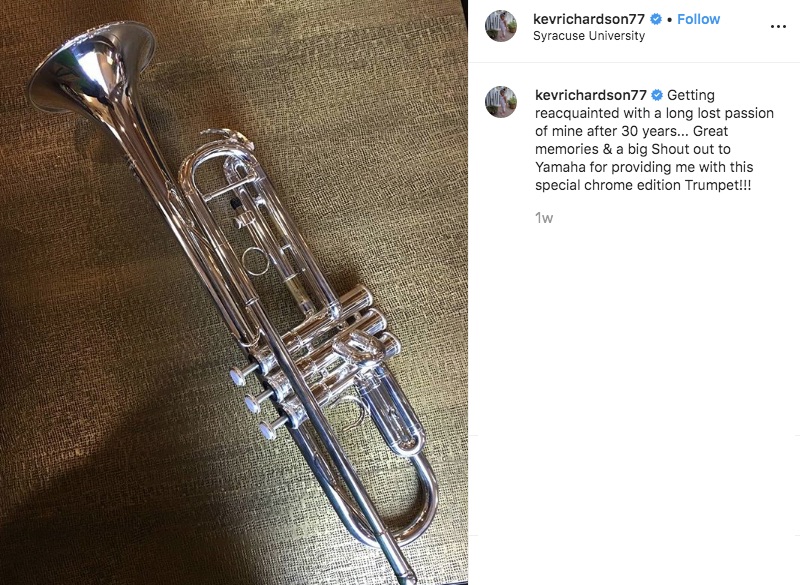
Leave a Reply
Thank you for visiting us. You can learn more about how we consider cases here. Please avoid sharing any personal information in the comments below and join us in making this a hate-speech free and safe space for everyone.